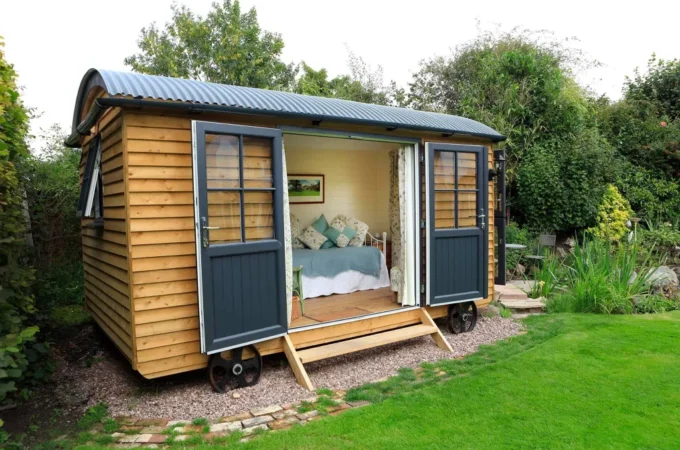
What Is Premises Liability?
Premises liability is a concept that involves the liability and responsibility a landowner or other property owner has for the condition and safety of their property. In other words, it is the obligation of the landowner to maintain their property in a safe manner at all times.
If someone sustains an injury because of an unsafe condition or a hazard on a property, that person may have a premises liability claim. Although premises liability seems like a simple, straight-forward notion, there are several issues to consider more carefully:
Location
The location of the subject incident is one factor to assess when considering premises liability and a possible claim. Where did the incident take place? Was it inside a supermarket, a hotel, or a restaurant? How about a personal residence?
All of these places are areas where premises liability may come into play. Yes, even a personal residence can be subject to premises liability, especially if the injured party is an invited guest of the residence. In order to have a premises liability claim, the incident must have occurred on a landowners’ property, where they owed the injured party a duty to maintain it in a safe way.

Property Condition
Another thing to consider is whether or not the condition on the property was actually unsafe or hazardous. Some scenarios where this might be true include, but are not limited to the following:
- Handrails or stairways that are in disrepair or improperly maintained
- A wet surface that is slippery or slick
- Swimming pools that do not have a proper fence or enclosure
- Cracks or divots in tile flooring or sidewalks
- Debris on the floor of a grocery store
- Uneven or misplaced rugs or carpeting
- Leaks
Whatever the hazard may be, this component of premises liability is crucial. If it cannot be found that a hazard or unsafe condition existed, it is likely you may not have a claim. For example, if you slip and fall in the grocery store, but no existing hazard could be found or documented at the time of the incident, you may have a difficult time proving a premises liability case.
Prior Knowledge
One factor in premises liability that must be taken into consideration is whether the landowner knew or reasonably should have known of the existence of the hazard. If the landowner knew or reasonably should have known about a hazardous issue, but failed to fix the hazardous condition, they may be held liable for any resulting injuries.
The landowner may be found negligent in not taking care of or correcting the hazard. For example, a property owner should reasonably know that if it snows, areas on their property may become icy. In turn, they must take whatever action is possible to mitigate the icy hazard.
An additional way a landowner may satisfy their duty is by installing warning signs, hazard tape, or other types of notice on, around, or near the potentially unsafe area. If they do not take steps to either remove, fix, or give notice of the hazardous condition, and someone is injured because of it, this may constitute premises liability.

What to Do?
If you are ever injured on another person’s property, you may have a premises liability claim. It is important that you first seek appropriate medical treatment and take care of your injuries. After that, if you believe you have a claim, take the time to examine some of the important factors such as location, type of hazard, and possible negligence on the part of the landowner.
Seeking an experienced premises liability attorney may help as well. Knowing exactly what premises liability is and how it works will be very beneficial if you ever find yourself in a personal injury situation.




